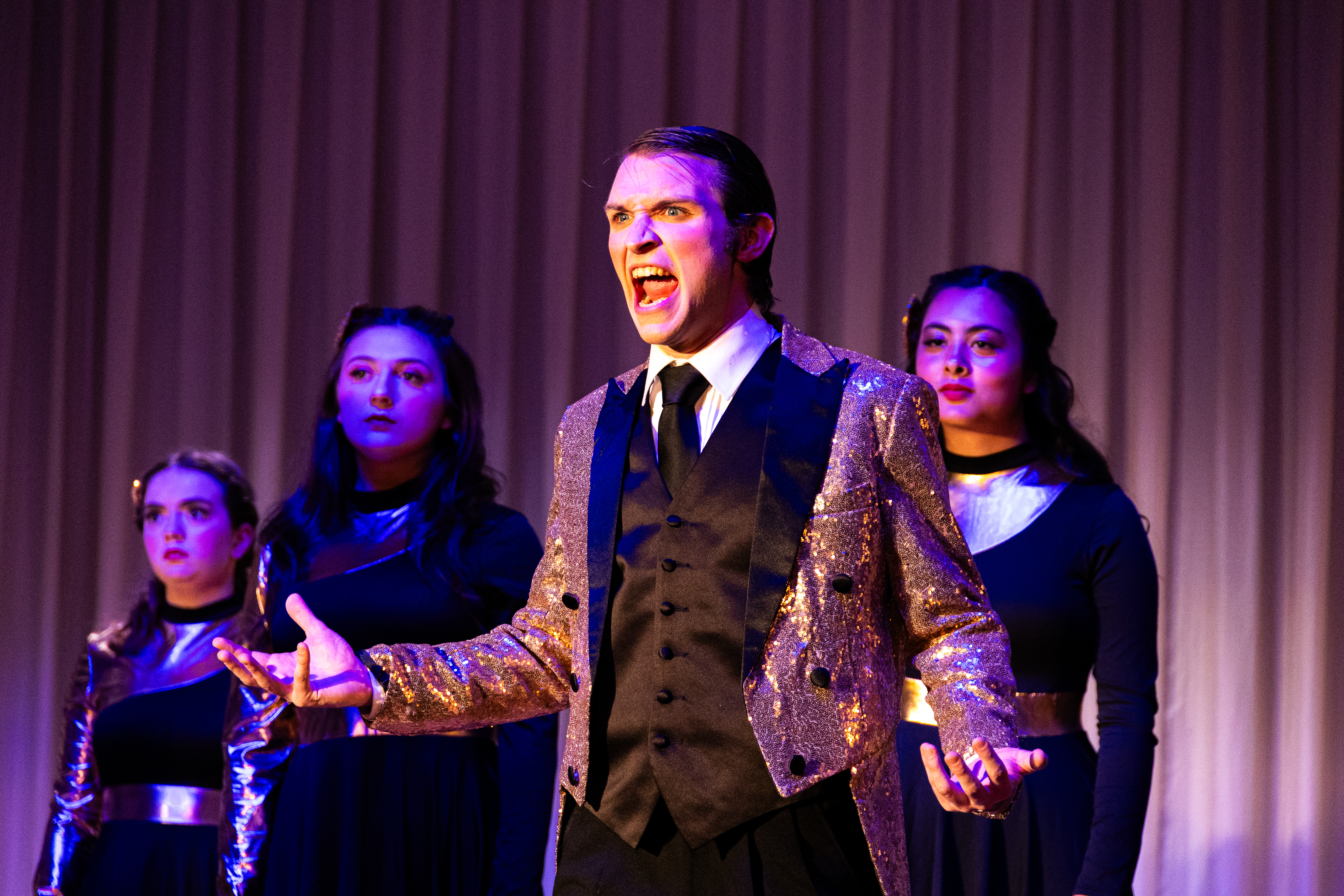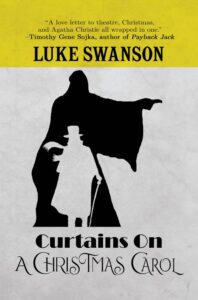On Aug. 19, 2022, Brendon Urie, the lone member of Panic! At the Disco, released Viva Las Vengeance, his seventh studio album.
His first album since 2018’s Pray for the Wicked, Urie’s new installment features a blend of his earlier styles mixed with the theatrical “Broadway-style” vocals and melodies which made up his 2018 record.
Upon first listen, one may notice the frequent presence of guitars. Never in a Panic! At the Disco album has there been this much guitar, whether it be simple licks, catchy riffs or emotional solos.
When the album’s first single, “Viva Las Vengeance,” was released on June 1, one of the first things I noticed was the heaviness of the track and the riff carrying it. The instrumentation reminisces the ‘70s.
Urie’s vocals on the title track recall his first album, A Fever You Can’t Sweat Out, and the song’s melody sounds very theatrical, much like Pray for the Wicked, combining the old and new within this song.
But this album is so much more than the lead single. According to Variety, Urie said this album was a “cinematic musical journey about the fine line of taking advantage of your youth, seizing the day and burning out.”
“[It’s] a look back at who I was 17 years ago and who I am now, with a fondness I didn’t have before,” Urie said. “I didn’t realize I was making an album and there was something about the tape machine that kept me honest.”
This comment refers to the 8-track tape machine Urie used to record the album. The old technology was meant to capture a “retro vibe.”
The album’s third single, “Local God,” released on August 5, is the closest lyrically to the overarching theme of the album. Urie sings, somewhat autobiographically, about a young band performing music and becoming a ‘local god’ in their small town.
Musically, other than being guitar heavy, the album encapsulates sounds of the ‘70s with bands like Queen cited as a major influence. Songs like “Star Spangled Banger” exhibit this “Queen sound” perfectly, consisting of a chanted chorus reminiscent of the legendary band’s “I Want it All” and a poppy verse melody not dissimilar to their song “Bicycle Race.”
“God Killed Rock and Roll” is another moment on Viva Las Vengeance which contains fingerprints of Queen’s inspiration. It consists of complex vocal harmonies Queen became known for and hints of Brian May’s guitar tones heard in many classic Queen records.
However, this album falls short when compared to Urie’s older material.
Viva Las Vengeance fares better than 2018’s Pray for the Wicked, an album many consider to be the worst of Urie’s entire career. But despite being slightly more inspired than 2018’s dip into Broadway, Viva Las Vengeance is far removed from the likes of A Fever You Can’t Sweat Out and Death of a Bachelor.
In addition, Urie’s vocals are not up to par with his earlier works, as he stays in a relatively similar range throughout the album (with the exception of the higher register in “Sad Clown”).
The first half of Viva Las Vengeance is solid with the title track, “Local God,” “Star Spangled Banger,” and “God Killed Rock n’ Roll,” but after these tracks, the album seems to drop off. While Viva Las Vengeance stands consistent in terms of its overall sound and flow, the “stand out” tracks just are not there. The title track is fantastic, and there is plenty of decent material to go around, but in the history of Panic! At the Disco’s career, I don’t see the record aging too well. Out of ten stars, I give the album a six.











Be First to Comment